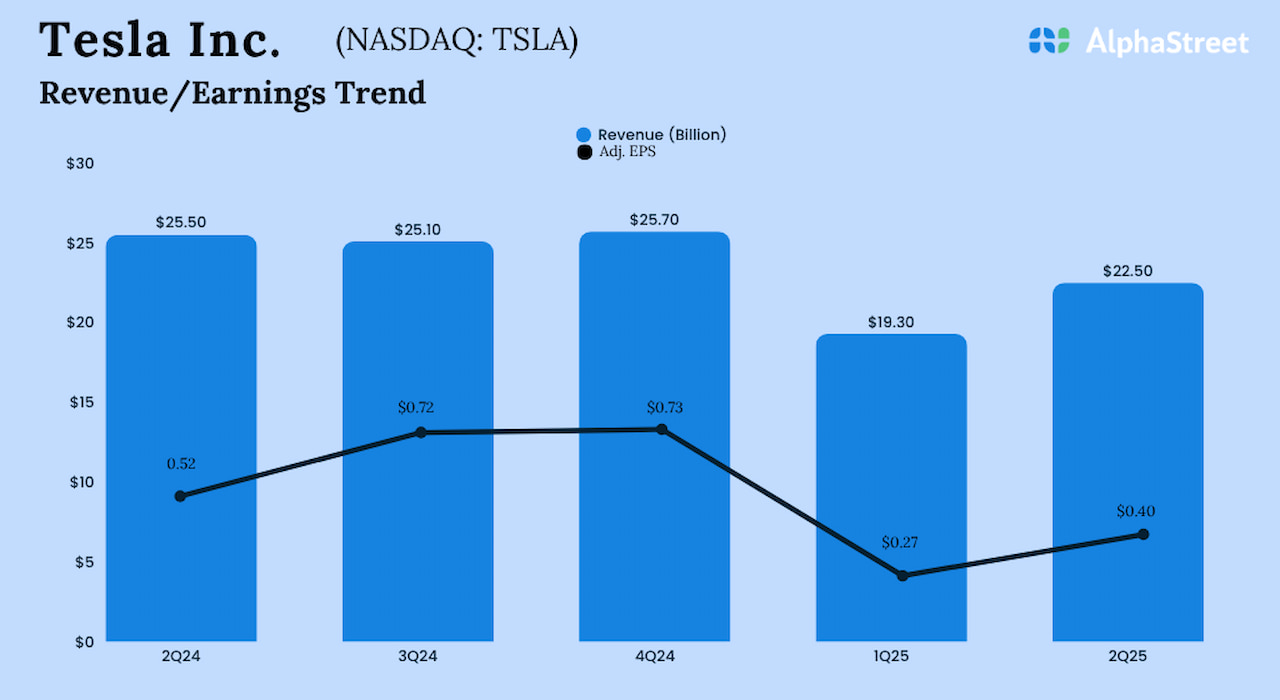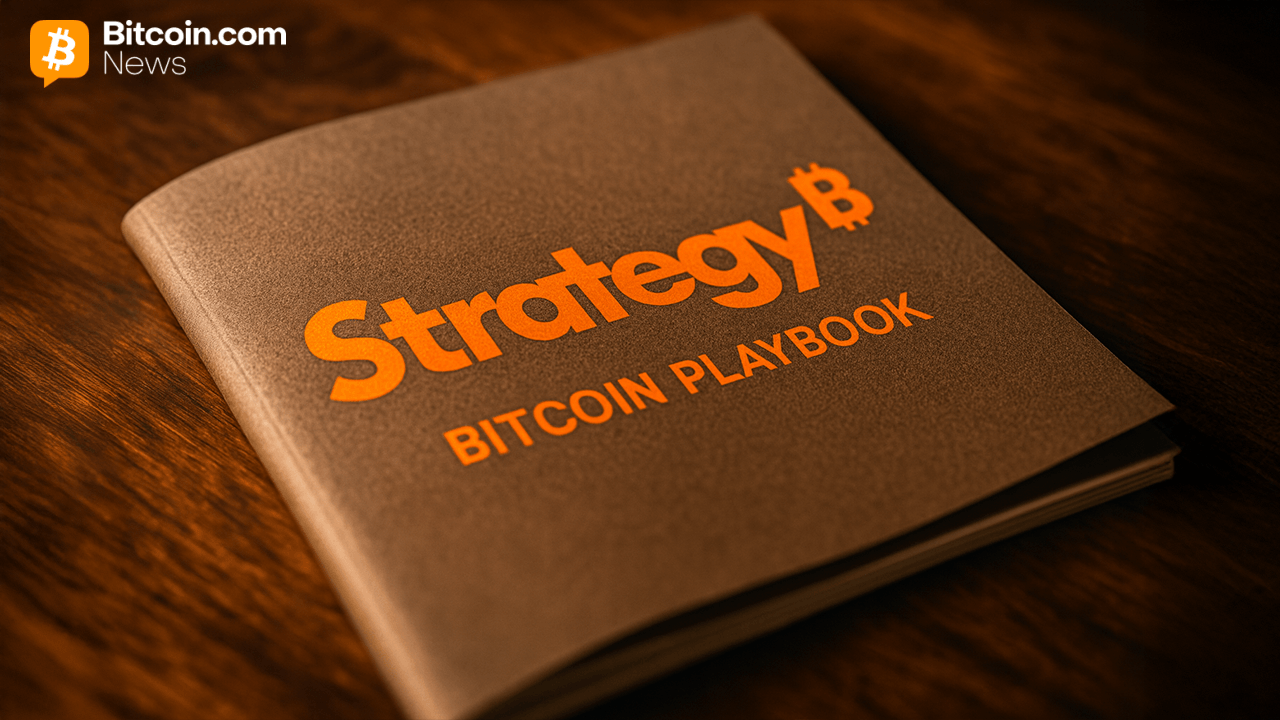A subtle subset of the statist non sequitur is what we may now name the statist insinuation or statist implication. This commonly occurs in conversation or media. It involves the unquestioned assumption that the state is the natural or necessary agent of moral order, safety, or progress. Typically, some societal problem is recognized and state interventionism is subtly (or not so subtly) insinuated, implied, or suggested as the evident solution. The negative form involves the implication that, absent particular actions of the state, disaster would be inevitable.
The statist insinuation seems to occur in societies so used to the modern nation-state that, not only do they assume the necessity and obviousness of the political state as the solution, but the concept of the state is so ingrained that it is often insinuated or implied in the very statement of an issue. Whenever a problem is stated by certain persons or most popular media, it can be almost guaranteed that the insinuation will inevitably involve greater power to the state. Further, because it involves little personal cost or thought and may often involve a boost to perceived social status, statist insinuations or direct advocation for increased state action incentivize virtue signaling.
Given the nature of fictional popular media—distinguished from media that seeks to directly communicate factual information—and the cultural influence of romanticism, it should not surprise us that the statist insinuation is rife in fictional media.
The Importance of Media
Most impressions are shaped by media, even popular media. In fact, all the impressions that form our internal model of reality which do not come directly from rightly-applied logic and/or empirical sense experience must come from some form of media. Put another way, all our indirect information about the world is mediated. This does not mean that mediated content is untrue, rather that media is crucial and—since it fills this role in human society—it is both susceptible to manipulation and an irresistible potential battleground for communication of values.
Rothbard discusses the nature of art as “necessarily communication.” Rothbard also points out that art is selective communication of values and view of reality,
Art is not only communication; it is necessarily also selection. No one…can present all of reality as it really is. He must select some aspect of reality to communicate. But the moment this is conceded, it must also be granted that the artist or the historian can only select according to some standard of selection. (emphasis in original)
Fictional art is more flexible than direct communication of information because “the artist creates his own events.” Following this, Rothbard gave his definition of art: “the reshaping of reality in accordance with the artist’s values, and the communication of these values to the reader or beholder” (emphasis added). Art, therefore, always has a normative goal rather than an empirical one: “Since the artist must choose, and therefore must choose according to his values, all artists are presenting reality not as it is, but as they believe it ought to be.” Art is more about communicating values rather than facts. Further, “Every novelist, whether he knows it or not, is a moral philosopher and teacher.”
Art is also a subtler way to argue—or insinuate—a point and it is more difficult to argue against artistic insinuations in popular media. Mises discusses the economic influence of romanticism, especially through literature (i.e., popular media),
Social art is tendentious art: all social literature has a thesis to demonstrate. It is ever the same thesis: Capitalism is an evil, Socialism is salvation. That such eternal repetition has not led to boredom sooner must be attributed solely to the fact that the various writers have had different forms of Socialism in mind. But they all follow Marx’s example in avoiding detailed exposition of the socialist social order they praise; most of them merely indicate by allusion, though clearly enough, that they desire a socialist order. That the logic of their argument is inadequate and that the conclusions are driven home by an appeal to the emotions rather than to reason is hardly surprising, seeing that the same method is followed by soi-disant [self-styled] scientific authorities on Socialism. Fiction is a favoured vehicle for this kind of procedure, as there is little fear that anyone will try to refute its assertions in detail by logical criticism. lt is not the custom to inquire into the accuracy of particular remarks in novels and plays. Even if it were, the author could still find a way out by denying responsibility for the particular words put into the mouth of a hero. The conclusions forced home by character-drawing cannot be invalidated by logic. (emphasis added)
Recognizing the nature of art, romanticism, the perceived low social cost and high social benefit of virtue signaling, and the common default presupposition concerning the obvious necessity of state intervention in any problem, we would expect popular fictional media to be full of statist insinuations. Antonio Gramsci (1891-1937)—disappointed about the speed of socialism’s supposedly inevitable emergence and studying how gradual cultural revolution could prepare the way for political revolution—said, “every revolution has been preceded by an intense labour of criticism, by the diffusion of culture and the spread of ideas amongst masses…” Distinguished from a strategy of revolutionary full-frontal assault (“war of manuever”), Gramsci believed in a slow, patient infiltration and transformation of society’s cultural and institutional strongholds to make socialism appear inevitable and moral (“war of position”). Through gradually capturing centers of education, religion, journalism, bureaucracy, and popular art and media, Gramsci argued that culture could be gradually transformed in preparation for socialist revolution.
Media, Culture, Economics, and Politics
It is difficult to fully appreciate the extent to which even self-proclaimed fictional media has had and continues to have influence on people’s perceptions of reality, even if the message they imply or state directly is false. This can be seen even in non-political cases. For example, the fairly innocuous myth that bunnies love carrots. In reality and nature, rabbits rarely eat carrots. The popular mass association between rabbits and carrots actually comes from Bugs Bunny parodying Clark Gable’s mannerisms in It Happened One Night (1934) where Gable leans on a fence and chomps on a carrot while talking. This phenomenon has been termed hyperreality in which the distinction between “real” and “representation” (or simulation) breaks down. Thus, media often distorts people’s perceptions of reality without us even knowing it.
While examples of the statist insinuation—and many other philosophical and normative insinuations—abound in popular media, this article only has the space to highlight a few. Upton Sinclair’s famous and propagandistic novel—The Jungle—is fictional, however, even if people have not read it, has shaped the historical “memory” (impression) of generations. (Note also that there is philosophical difficulty with the concept of historical memory since every historical event that we did not experience directly is transmitted to us through media, therefore, we do not remember the event but the information mediated to us and the collective historical consciousness and consensus comes to feel like memory.) Sinclair attempted to soften the public to socialism, however, he really achieved disgusting the people and increased federal regulation (at taxpayer expense). He famously said, “I aimed at the public’s heart and by accident I hit it in the stomach.” Even the Progressive Theodore Roosevelt said,
I have an utter contempt for [Upton Sinclair]. He is hysterical, unbalanced, and untruthful. Three-fourths of the things he said were absolute falsehoods. For some of the remainder there was only a basis of truth. (Roosevelt to William Allen White, July 31, 1906, Elting E. Morison and John M. Blum, editors, The Letters of Theodore Roosevelt, 8 vols. (Cambridge: Harvard University Press, 1951-54), vol. 5, p. 340)
Congressman E.D. Crumpacker—on the House Committee on Agriculture Hearings on the So-called “Beveridge Amendment” to the Agriculture Appropriation Bill (1906)—said,
…[inspectors] have been in and about the Chicago packing houses right along, and not a single Government official has ever registered any complaint or given any public information with respect to the manner of the slaughtering or preparation of meat or food products that I know of.
The situation in Chicago was discovered through the book called “The Jungle,” incidentally or accidentally. It may be, if Mr. Sinclair had not written, we would not have known yet what we were eating. But it seems an incredible thing. Either the Government officials in Chicago are woefully derelict in their duty, or the situation over there has been outrageously overstated to the country. Is it possible that such an awful condition could prevail under the noses of 180 Federal officials paid out of the common treasury without a single word of complaint? What good are inspectors? (emphasis added)
Now, what document are people more likely to read—The Jungle or page 194 of a 1906 congressional record? Realistically, the answer is that today most Americans are likely to read neither, however, it is the fiction of the past that captured the imagination, aligned with the political momentum of the Progressive era, and shapes the perceived historical “memory” and consciousness of most present-day Americans.
Next, if Americans are asked about the conditions of the Industrial Revolution, it is likely they will reference Charles Dickens, A Christmas Carol, and Scrooge, not economic history. Mises wrote, “Dickens, with other romantics less gifted as storytellers but following the same tendencies, has taught millions to hate Liberalism and Capitalism.” He also says that they, perhaps unconsciously “all reject the capitalist social order and combat private ownership in the means of production” and that, “[b]etween the lines,” they suggest and insinuate a better world economically and socially. He calls these romantic authors and artists “recruiting agents for Socialism.”
Usually through indirect insinuation or implication, without usually mentioning policy, Dickens promoted the false view that industrial capitalism worsened the material conditions of workers and the poor and suggested some non-market alternative (i.e., statist intervention, socialism, etc.) would be superior. Historically and economically, the myth that the Industrial Revolution worsened and immiserated the lives of working people and the poor has been repeatedly demolished. Mises said, “What [the romantics] saw was always only invariably the dirt and the misery capitalist civilization had inherited from the past, not the values which it had already achieved.” On the same page, in a footnote, Mises noted,
English economic history has destroyed the legend which taxed the rise of factory industry with having made the position of the working classes worse. See Hutt, ‘The Factory System of the Early 19th Century (Economica, Vol. VI, 1926), p. 78 et req.; Clapham, An Economic History of Modern Britain, 2nd Edition, Cambridge 1930, p. 548 et seq.
In Capitalism and the Historians, F.A. Hayek—after noting the false “folklore of our time” regarding capitalism—stated, “Most people would be greatly surprised to learn that most of what they believe about these subjects are not safely established facts but myths, launched from political motifs…” Often what is believed to be “history” is not in fact history but “political legend.” Yet, no matter how many times these myths are falsified, popular media continues to exercise a profound influence on what people believe is history or reality. Popular media does not have to lecture about the superiority of interventionism, statism, or socialism, it merely has to entertain and insinuate values.
The lesson here is not to suggest any ban regarding such media—though all tax transfers of any form to media companies should cease immediately—but to learn to recognize and teach others, especially children, to recognize unstated presuppositions and epistemological self-consciousness. Watch out for “moral Trojan horses.” What does this author-artist value, think is true, believe, and want me to think or do as a result of this media?
For practice, what are the truth and value insinuations in the popular media we consume? For a few examples, consider It’s A Wonderful Life, The Big Short, Too Big to Fail, Top Gun: Maverick, Don’t Look Up, WALL-E, Rio, The Lorax, Avatar, Grey’s Anatomy, The Handmaid’s Tale, The Savant, Ironheart, Velma, She-Hulk, etc.? A long list of statist insinuations in popular media could be created.



























